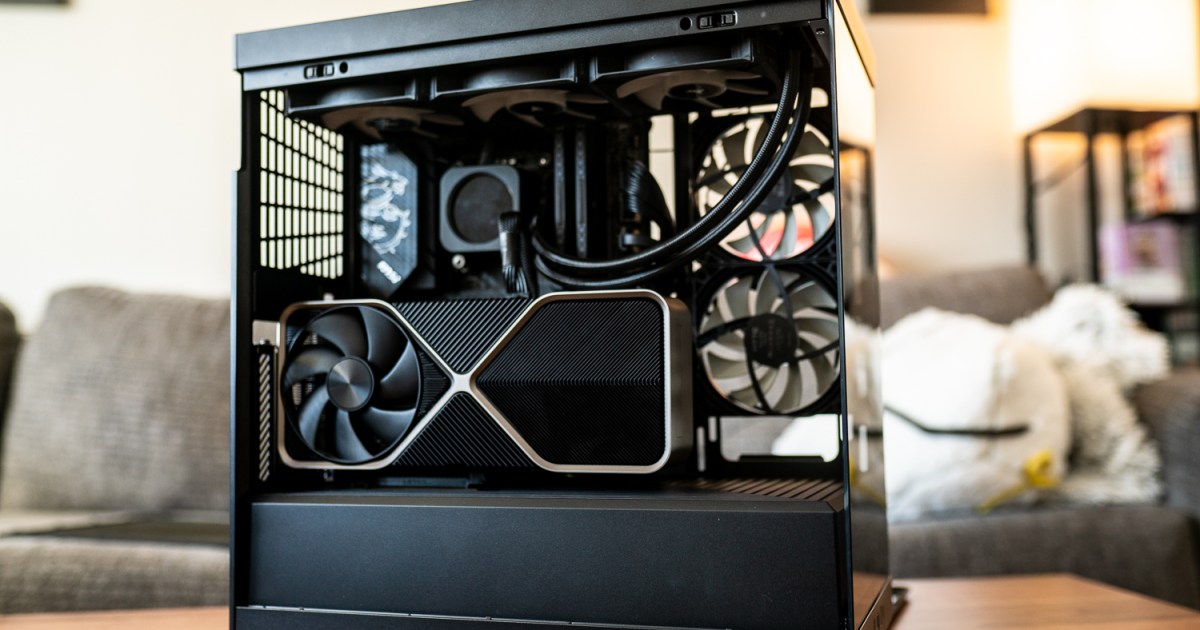Firefly Aerospace has raised a massive late-stage funding round ahead as it prepares for the launch of its lunar lander later this year and the first mission of its Elytra spacecraft next year.
The $175 million Series D, which set Firefly’s valuation at over $2 billion, apparently closed in less than two months in a show of faith in the company’s new CEO — aerospace executive Jason Kim, who was installed in the position on October 1. Kim had previously led Boeing’s satellite maker Millennium Space Systems.
Firefly also plans to use some of the new capital to move to full rate production of its Alpha rocket and to accelerate development of the Medium Launch Vehicle it’s co-developing with Northrop Grumman. Firefly has launched Alpha five times since September 2021, though only three of these successfully placed the payloads in orbit. The company set a new record with the third Alpha mission in September 2023; called Victus Nox, the mission demonstrated rapid launch capabilities, with Firefly launching the Alpha rocket just 27 hours after receiving the green light from the U.S. Space Force. (The company has been tapped for a second “rapid response” mission to launch next year.)
The new capital will help Firefly meet the rest of the missions on the manifest, which include an agreement with L3Harris for up to 20 launches from 2027, and one with Lockheed Martin for 15 committed launches through 2029.
The latest raise was led by a new investor, RPM Ventures, with participation from existing investors and additional new investors GiantLeap Capital and Human Element. This later stage deal seems to be a bit of an exception for RPM, which says on its website that around 75% of its investments are in Series A stage companies.
The round stands out as one of the few sizable late-stage deals in the space sector this year, which has largely been dominated by activity in the seed and Series A stages, according to a recent report from UK-based firm Seraphim Space. This is in stark contrast to the period between 2019-2021, during which more than half of all venture funding was allocated to Series D+ companies.
Aria Alamalhodaei covers the space and defense industries at TechCrunch. Previously, she covered the public utilities and the power grid for California Energy Markets. You can also find her work at MIT’s Undark Magazine, The Verge, and Discover Magazine. She received an MA in art history from the Courtauld Institute of Art in London. Aria is based in Austin, Texas.
Subscribe for the industry’s biggest tech news




















 English (US) ·
English (US) ·